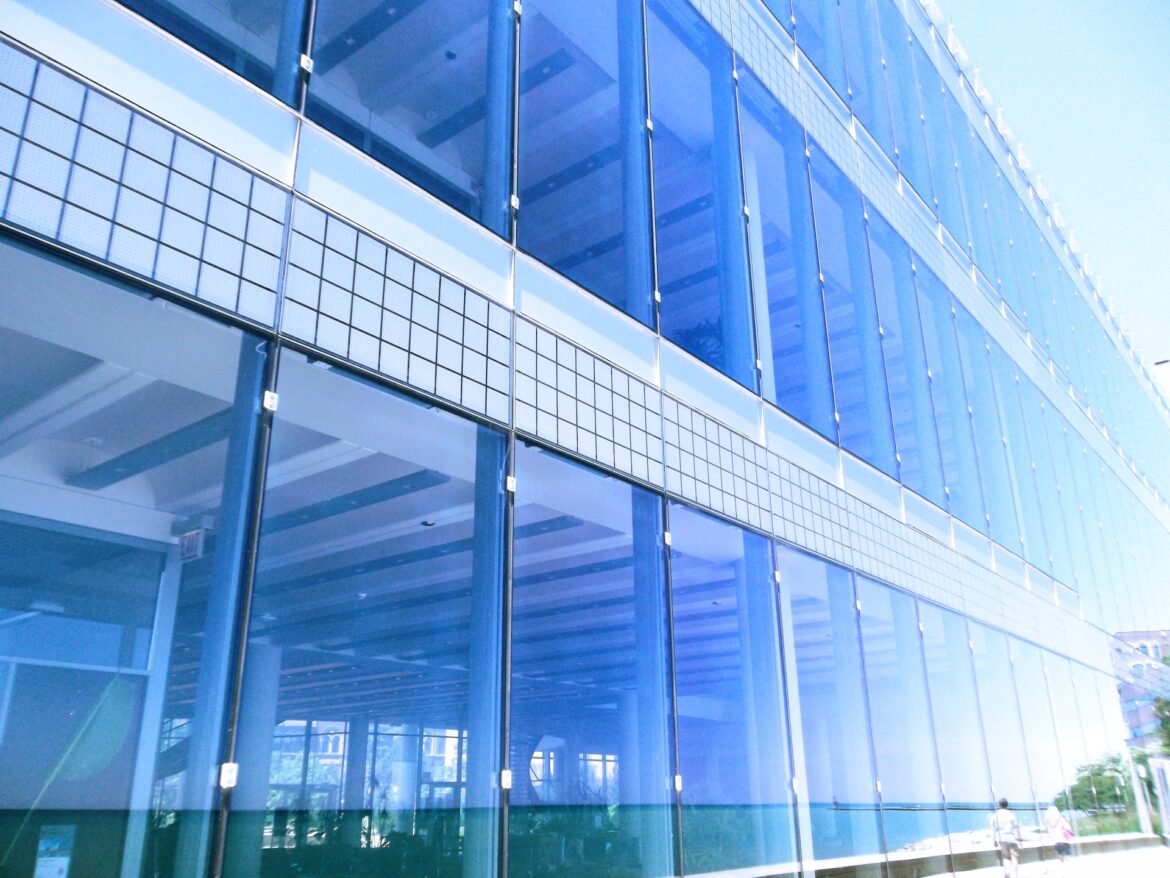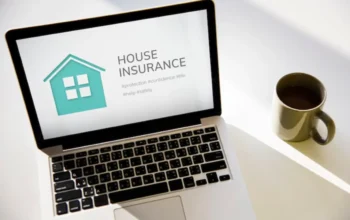The Different Types of Specialty Glass and Their Functions
Specialty glass can be fire-rated or toughened. It can also be self-cleaning or decorative laminated. This article will help you make an informed decision regarding glass for your next project.
Toughened Glass
Toughened specialty glass is a specialty material that has several benefits over ordinary glass. Its high-strength coating provides excellent impact performance and resistance against extreme weather conditions. Its surface is more resistant to thermal damage than ordinary glass, and its counteracting stresses increase the mechanical resistance of the material. Its tensile strength allows it to resist temperature differentials of up to 250°C.
Toughened specialty glass West Palm Beach is four to five times stronger than standard glass. It can withstand tens of thousands of pounds of pressure. It is also extremely durable, retaining its sheen for years to come. It’s ideal for residential and commercial doors and windows. Toughened glass is so strong that even a cricket ball cannot break it.
Fire-rated Glass
Fire-rated specialty glass is a great option for several applications. These types of glass can protect from fire for up to 30 minutes. Unlike ordinary glass, fire-rated specialty glass won’t shatter immediately but will contain the fire in one area. It also acts as an insulator, making it ideal for use in doors and windows.
Fire-rated specialty glass has passed a rigorous testing procedure to prove suitable for fire-safe environments. The testing procedure is similar to that for other fire-rated materials. The glass is installed in a furnace, and a temperature-time curve is followed to determine when the glass will survive a burning building. After the temperature is reached, the glass system is left in the furnace until the prescribed time. The test is successful only if the glass assembly remains intact during the entire testing process.
Self-cleaning Glass
Self-cleaning glass is specially designed for use in buildings. The technology has helped make glass a versatile building material used in many applications. Window glass has a special coating applied to make it water-repellent and self-cleaning.
The coating is made of a hydrophilic substance, which helps spread the rainwater evenly on the glass. The coating also helps to prevent streaks and dry spots. Nevertheless, the coating’s effectiveness depends on its installed region. During periods of dry weather, the glass may need to be cleaned with a soft cloth and soapy water.
The latest technology helps you avoid wasting time cleaning windows, doors, and other glass surfaces. These self-cleaning glass products are a great way to reduce cleaning time and water waste. They work by converting sunlight into the water, which spreads water droplets and picks up dirt particles. This coating also makes the glass dry quickly, reducing the chances of unsightly droplet marks and streaks.
Decorative Laminated Glass
Decorative laminated glass is a type of glass that comes in a variety of designs and colors. It can be used in many interior applications, including elevators, railings, and fences. Its versatility makes it an excellent choice for both residential and commercial projects. In addition, decorative laminated glass can provide privacy while reducing noise.
Decorative laminated glass is a strong product that meets safety standards. Its trademark spiderweb crack pattern ensures shards of untreated glass will not injure people. It also improves sound insulation and blocks harmful UV rays. As a result, many architects and designers are beginning to use decorative laminated glass as a modern decoration solution.
Decorative laminated glass is typically made up of two panes of glass sandwiched together with an interlayer. This layer is usually made of Polyvinyl Butyral (PVB). The PVB bonds with both layers of glass and hold them together even under impact. This bond is chemical and therefore does not break easily. This type of glass is available in various thicknesses and different qualities.
Extra Clear Glass
Extra clear glass is a special melted glass with low iron content. This property is especially important for solar energy applications. In addition, this type of glass is very useful in building facades.
Extra clear glass has a high degree of clarity and is commonly used in producing glass furniture. It is also processed to produce laminated, tempered, frosted, ceramic-printed, and insulated glass units. Unlike the cheaper float glass, it is extremely durable and resists chipping. This glass type is also widely used in applications with visible edges, such as sky decks and houses perched on cliffs.
The properties of extra clear glass can vary depending on its application. Standard clear float glass, for example, is tinted with a green tinge. Extra clear low-iron glass is free of this green tint and contains one-fourth of the iron of standard clear float glass. The low-iron content makes it ideal for furniture, showcases, showers, toughened glass entries, and many other uses.



